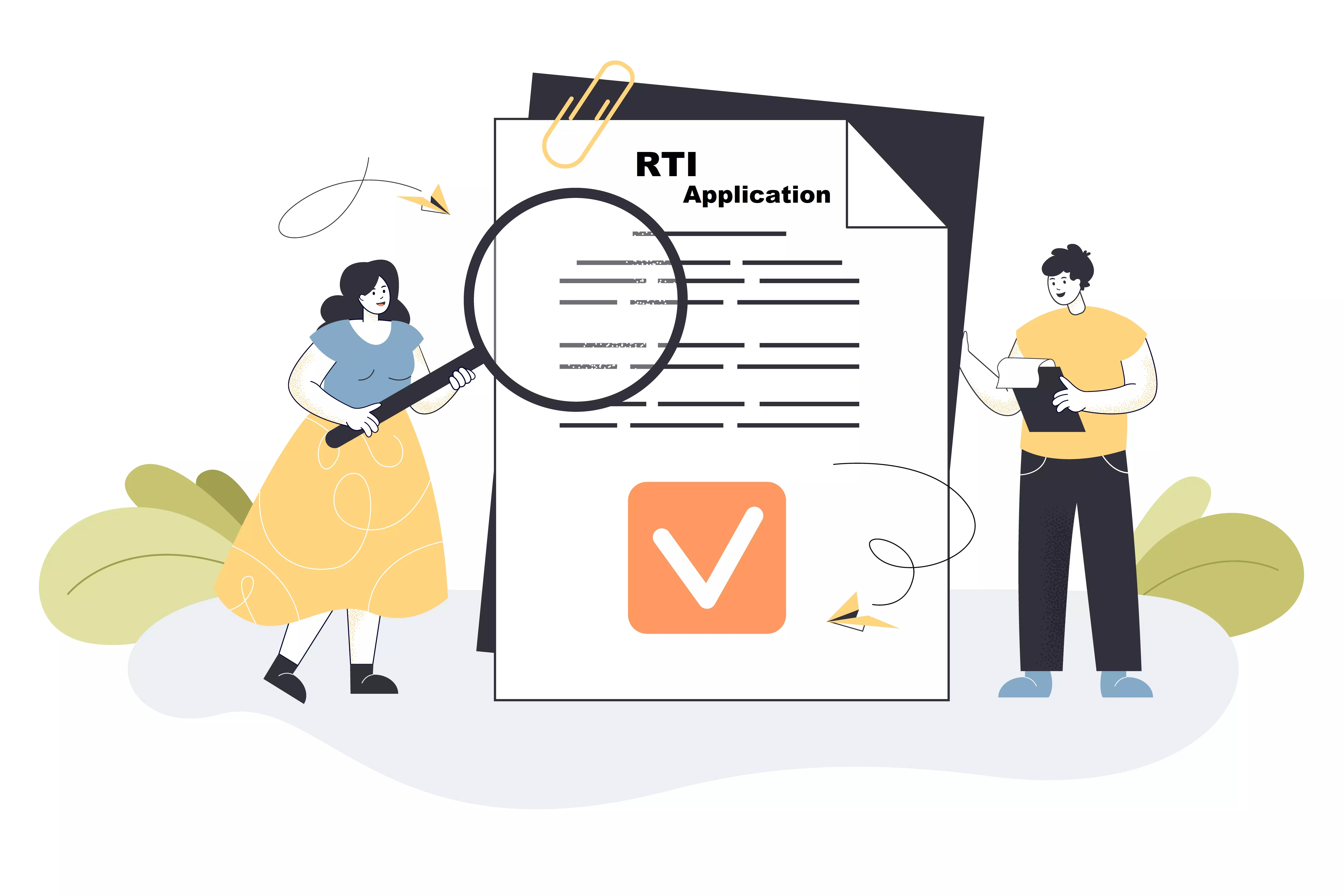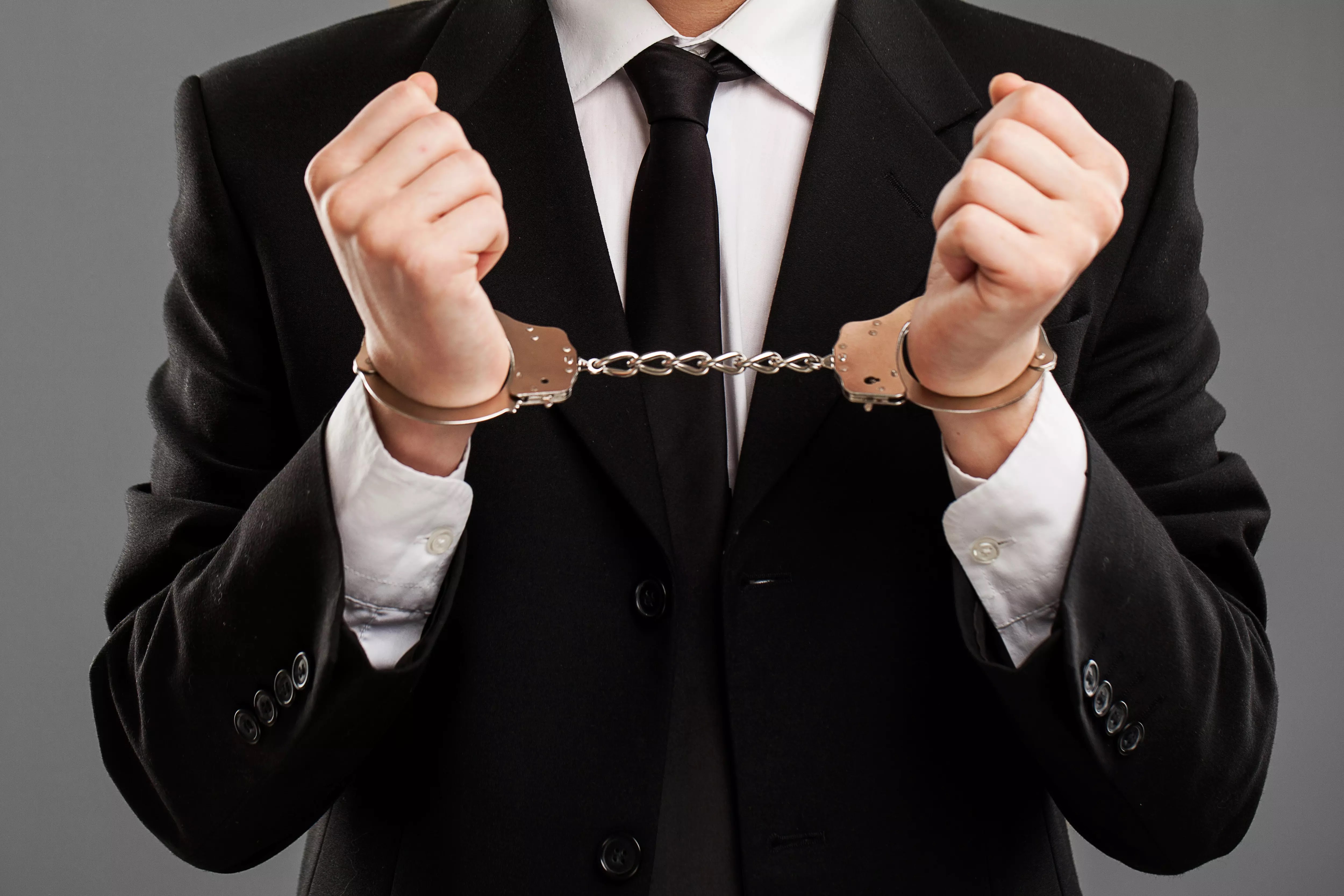Copyright Infringement in India: An Overview
Copyright Infringement in India: An Overview
What is Copyright?
Copyright is a legal term that refers to the exclusive rights of the creators of original works of authorship, such as literary, artistic, musical, dramatic, cinematographic, and sound recording works. These rights include the right to reproduce, distribute, perform, display, translate, and make adaptations of the works.
What is Copyright Infringement?
Copyright infringement is the unauthorized use or copying of someone else’s copyrighted work without their permission or license. It violates the rights of the copyright holder and may cause economic and moral harm to them.
What are the Instances of Copyright Infringement in India?
According to the Copyright Act, of 1957, some of the instances where copyright infringement occurs in India are:
- Making copies of copyrighted work for sale or hire without authority or permission, such as online piracy
- Distributing infringing copies for personal or trade gains
- Performing copyrighted work in a public place
- Importing infringing copies into India
- Exhibiting infringing copies in public is prejudicial to the owner
- Reproducing a literary, dramatic, artistic, or musical work other than in the form of a cinematograph film
- Making a cinematograph film or a sound recording embodying the copyrighted work
- Making an adaptation or a translation of the copyrighted work
- Broadcasting or communicating to the public the copyrighted work
What are the Remedies for Copyright Infringement in India?
The remedies for copyright infringement in India can be classified into civil and criminal remedies.
Civil Remedies
The civil remedies include:
- Injunction: A court order that restrains the infringer from continuing the infringement
- Damages: A monetary compensation for the loss suffered by the copyright holder due to the infringement
- Accounts: A disclosure of the profits made by the infringer from the infringement
- Delivery up: A surrender of the infringing copies and materials to the copyright holder
- Anton Piller order: A court order that allows the copyright holder to search and seize the infringing copies and materials from the premises of the infringer
Criminal Remedies
The criminal remedies include:
- Imprisonment: A jail term ranging from six months to three years for the infringer
- Fine: A monetary penalty ranging from Rs. 50,000 to Rs. 2 lakhs for each infringement
- Seizure: A confiscation of the infringing copies and materials by the police
- Forfeiture: A destruction or disposal of the infringing copies and materials by the court
Conclusion
Copyright infringement is a serious offence that affects the rights and interests of the creators of original works. It also harms society by discouraging creativity and innovation. Therefore, it is important to respect and protect copyright and avoid any unauthorized use or copying of someone else’s work.
FAQ on Copyright Infringement in India
What is copyright
infringement?
Copyright infringement
is the unauthorized copying, performing, or distributing of a copyrighted work.
It can be either primary or secondary, depending on the nature of the
infringement. The Copyright Act, of 1957 is the main legislation that governs
copyright infringement in India.
What are the types of copyright infringement?
Copyright infringement
can be classified into two categories: primary and secondary. Primary
infringement occurs when there is an actual act of copying, while secondary
infringement occurs when unauthorized dealings take place, such as selling or
importing pirated books, etc. In the case of secondary infringement, the
infringer will know about infringement, while in the case of primary
infringement, the infringer may or may not know about infringement.
What are the common
examples of copyright infringement?
Some of the common examples of copyright
infringement are:
·
Making copies of
copyrighted works for sale or hire or letting them for hire without permission
or authority, such as online piracy
·
Permitting the performance
of copyright-infringed works at any place for the performance of works
·
Distributing copyright-infringing works for personal and trade gains
·
Public exhibition of
copyright-infringing works
·
Importing copyright-infringing works into India
·
Reproducing a
dramatic, literary, artistic or musical work other than in the form of a
cinematograph film
·
Creating a recording
embodying the copyrighted sound recording
·
Copying a
cinematographic film
How to claim copyright ownership?
In the case of a
literary, dramatic, musical or artistic work, the name of the author or the
publisher which appears on copies of the work is presumed to be the author or
the copyright owner of the work, unless the contrary is proved.
What are the remedies
for copyright infringement in India?
The copyright holder
can take civil and criminal actions against the infringer, which may result in
imprisonment, a fine, or both. The civil remedies include injunctions, damages
and accounts. The criminal remedies include imprisonment for six months to
three years and a fine of Rs. 50,000 to Rs. 2 lakh.
Is copyright
infringement a cognizable offence in India?
Yes, copyright
infringement is a cognizable offence in India, which means that a police
officer has the authority to make an arrest without a warrant and to start an
investigation with or without the permission of a court. Any police
officer, not below the rank of a sub-inspector, can seize without a warrant,
all copies of the work and all plates used for making infringing copies of the
work.













Comments
Post a Comment
Thanks, For Your Valuable Comment